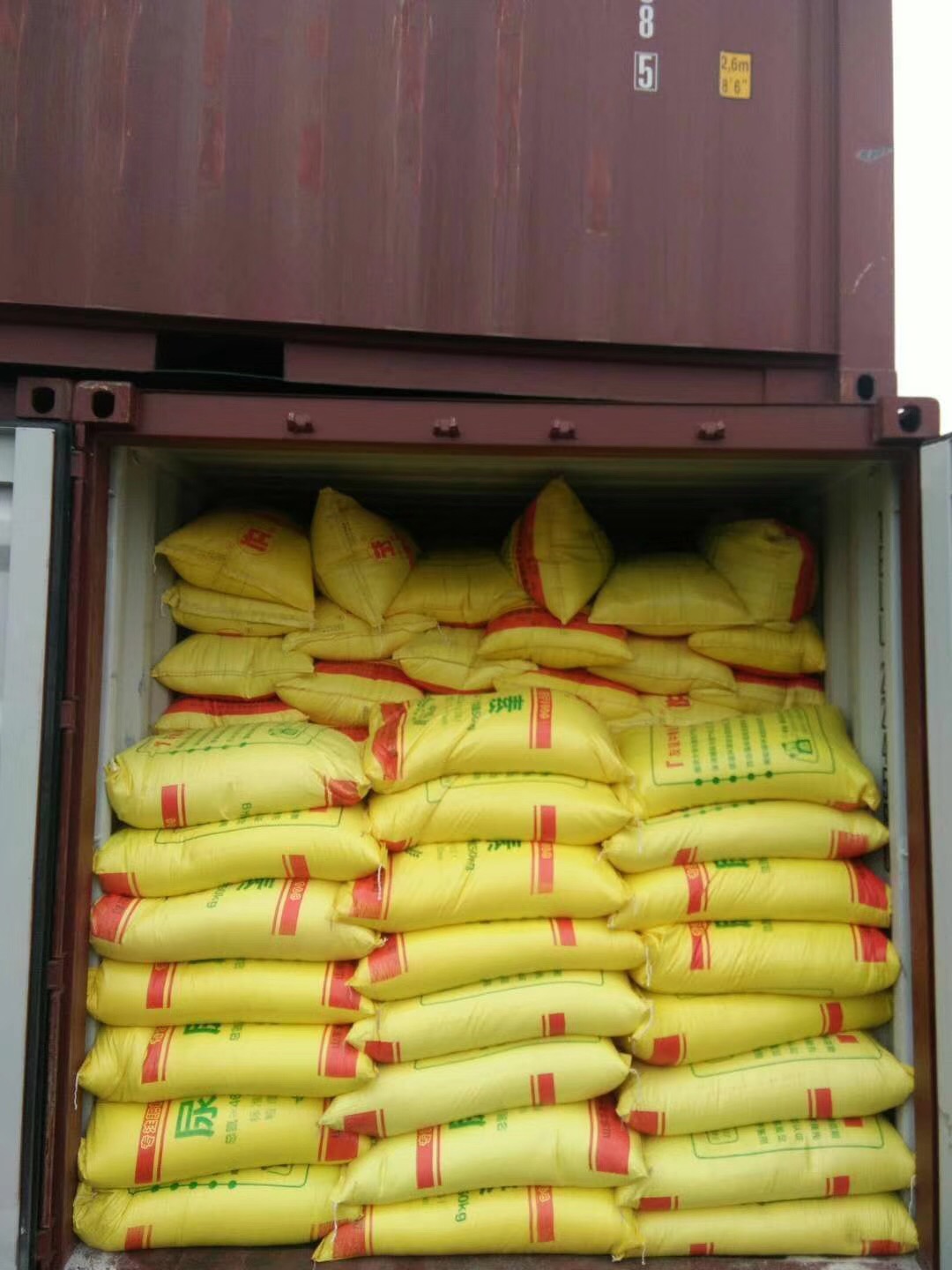
Nov . 21, 2024 10:46 Back to list
monocalcium phosphate water soluble fertilizer
Monocalcium Phosphate Water Soluble Fertilizer An Overview
Monocalcium phosphate (MCP) is a key component in the agricultural sector, serving as a vital water-soluble fertilizer that offers a range of benefits for crop growth and soil health. As a source of phosphorus and calcium, it plays an essential role in plant nutrition, making it a popular choice among farmers and agronomists.
Composition and Properties
Monocalcium phosphate is chemically represented as Ca(H2PO4)2. It is highly soluble in water, which enhances its accessibility to plants. This solubility facilitates easier application, as it can be dissolved in water and delivered directly to the plant roots through fertigation systems or as a foliar spray. The high nutrient availability and rapid absorption by plants make MCP particularly beneficial in supporting early growth stages, root development, and overall plant vigor.
Benefits for Crop Production
One of the primary advantages of using monocalcium phosphate is its ability to promote healthy root development. Phosphorus is crucial for energy transfer within plants, and it aids in the formation of healthy root systems. The presence of calcium in MCP also supports cell wall strength and integrity, which is essential for plant structural development. Furthermore, a balanced supply of these nutrients can lead to enhanced flowering and fruiting, ultimately resulting in higher yields.
Additionally, MCP is effective in overcoming phosphorus fixation in soils, especially in acidic conditions where phosphorus can become insoluble
. By applying monocalcium phosphate, farmers can ensure that phosphorus is readily available for plant uptake, thereby increasing nutrient efficiency and reducing the need for additional phosphorus inputs.monocalcium phosphate water soluble fertilizer

Environmental Considerations
The use of water-soluble fertilizers like monocalcium phosphate has environmental advantages as well. By delivering nutrients in a readily available form, it minimizes the risk of soil nutrient runoff and leaching into water bodies. This contributes to sustainable farming practices as it aligns with precision agriculture principles, where nutrient application is optimized to maximize crop yields while minimizing environmental impact.
Application Methods
Monocalcium phosphate can be applied in various ways depending on the specific needs of the crop and the soil conditions. It can be utilized through soil applications, fertigation, or foliar feeding. The choice of application method often depends on the crop type, growth stage, and specific nutrient requirements. Farmers are encouraged to conduct soil tests to determine the right timing and amount of MCP needed to improve nutrient availability.
Conclusion
Monocalcium phosphate water-soluble fertilizer offers a cost-effective and efficient solution for addressing nutrient deficiencies in crops. Its unique properties ensure high availability of phosphorus and calcium, which are essential for optimal growth and development. As agriculture continues to embrace sustainability, the adoption of MCP can contribute significantly to improved productivity and environmental stewardship. Whether used in traditional farming or modern precision agriculture, monocalcium phosphate remains a valuable ally for farmers seeking to maximize their yields while maintaining soil health.
-
Premium 10 10 10 Fertilizer Organic for Balanced Plant Growth
NewsJul.29,2025
-
50 Pound Bags of 13-13-13 Fertilizer for All Plants – Bulk & Organic Options
NewsJul.28,2025
-
High-Efficiency 15-30-15 Granular Fertilizer for Healthy Crops
NewsJul.28,2025
-
15-30-15 Granular Fertilizer for Optimal Crop & Lawn Growth
NewsJul.27,2025
-
Premium 10 10 10 Water Soluble Fertilizer for Fast Plant Growth
NewsJul.26,2025
-
Premium 10 10 10 Fertilizer Organic for Plants & Lawns
NewsJul.25,2025
